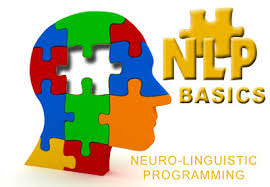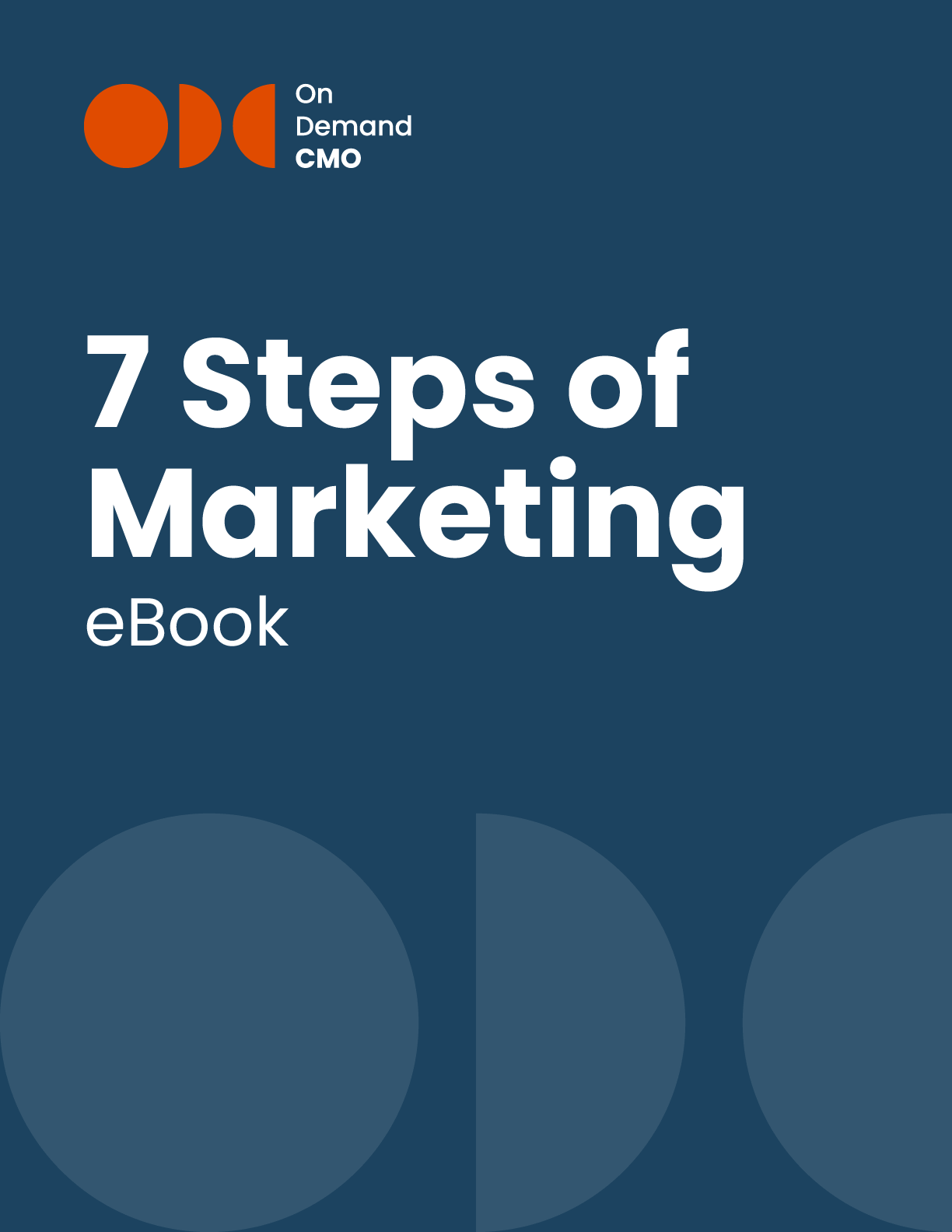
I’ve been hearing this term—neuro-linguistic programming, or NLP—floating around for ages. It seems to keep popping up in marketing and business seminars, blogs, and “once in a lifetime” training opportunities that the internet keeps trying to sell me. Supposedly, Neuro-Linguistic Programming can help you market better and succeed personally by “programming” the behavior of yourself and others.
It sounds pretty plausible and promising at first blush. The basic idea is that human behavior is “programmed”, through experience and inherited characteristics, to respond to stimuli in a predictable way. As an example, A piece by Forbes describes the experience of hearing a song, and then thinking automatically of a person with whom you once formed a memory while hearing the song. So, you dance to a Duran Duran song with Timmy Robbins from high school, you hear Hungry Like the Wolf playing at the dentist’s office twenty years later, and suddenly you’re thinking of Timmy and his glow-in-the-dark braces. By extension, proponents argue, you can reprogram yourself to break bad habits, or tap into the built-in programming of your audience to make them receptive to your marketing messaging.
But, as I was writing and researching this post, I ran into a problem. I couldn’t find any good examples of NFP being successfully (or even unsuccessfully) put into practice through any reputable sources. Any stories that I found that mentioned NFP actually being used for marketing purposes were clearly sponsored posts that they had paid to put up on different business and marketing blogs, likely from the same people trying to sell the trainings. So, while lots of people are selling it as a solution, no one seems to be talking about getting any benefit from it, or even actually using it.
Then I discovered that the practice of NLP, originally developed as a psychologically therapeutic tool and framework by Richard Bandler and John Grinder in California in the 1970’s, has been pretty soundly debunked as pseudoscience. But for some reason, that hasn’t stopped people from practicing NLP, using NLP theories in their work, and teaching it to others for large fees.
According to the principles of NLP, the reaction to stimuli is predictable, and therefore re-programmable. Using the help of a hypnotist, or a life coach, or a $3000 seminar or a even sales pitch webinar, you can learn to hijack those controls and program yourself to, say, project confidence and charisma during a public speaking situation, or produce focused effort in spite of distractions. Or, you should be able to tweak your advertising copy and sales pitches in just such a way, evoking just the right triggers that the customer is almost compelled to do just what you want them to do. It sounds tantalizing, and I can’t fault anyone for trying to incorporate some of these ideas into their lives. After all, people already understand the process of breaking a bad habit or starting a new routine in terms of “programming” a behavior.
But scientists have largely ignored and disregarded this idea for a long time, because the proponents were never really able to produce any empirical data to back up what Bandler and Grinder claimed. Essentially, it just didn’t work. One tenet of NLP claims that the skills and behaviors of any brilliant or successful person can be formally modeled, codified, and replicated. That, essentially, anyone can learn to do anything by learning how to use NLP, and by extension, that anyone can persuade anyone of anything using the right triggers, body language, and codes.
Of course I believe that you can influence people’s decisions by delivering the right message to the right person at the right time; that’s why I’ve devoted myself to the field of marketing. But you can’t convince anyone of anything at any time—not using a formal model or algorithm or framework. We’re just more complex than that. Marketing is more complex than that.
One particularly troubling assertion came from Grinder himself during an interview in 1993. When asked about the development of NLP and what his expectations for it had been over time, he responded, among other things, that “I believe it was very useful that neither one of us were qualified in the field we first went after…”
I’ll say this with absolute certainty—no one should ever claim that they have an advantage within a field because they have no experience, formal training, or qualifications. Every single working professional today knows better. Just because a person can generate many new ideas while unburdened with knowledge or experience, doesn’t mean that they will be plausible or worthwhile ideas.
While NLP first seemed like an exciting new concept, after a bit of research, it looks to be nothing more than an old idea built on shaky science that doesn’t hold water.

OnDemandCMO has authored 7 Steps of Marketing, the only marketing guide book you’ll need to either get your marketing started properly, or stay on track strategically.
It features best practices on branding, messaging, social media, lead generation and much in between.
Please let us know who you are, and we'll share a few of our secrets (we don't sell or trade your info)!